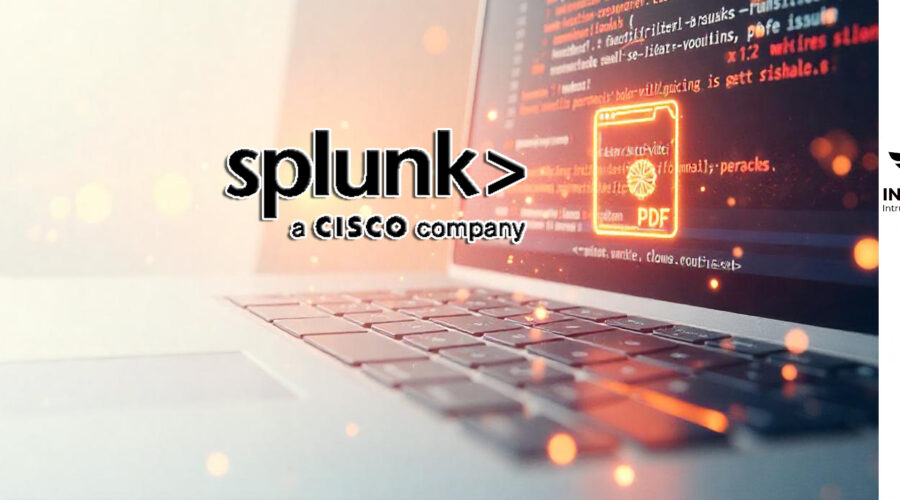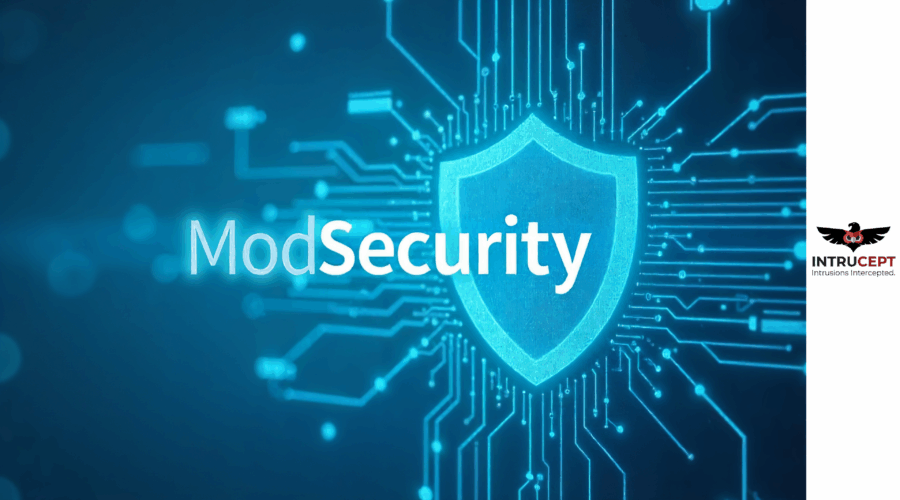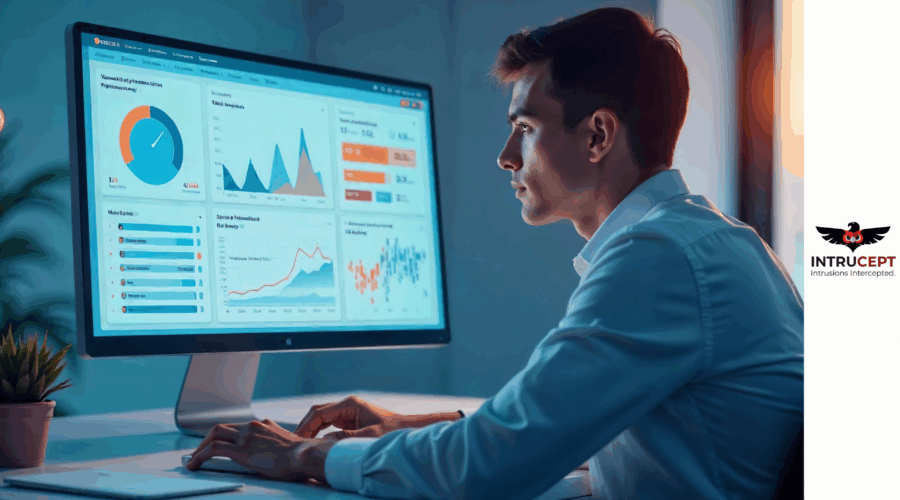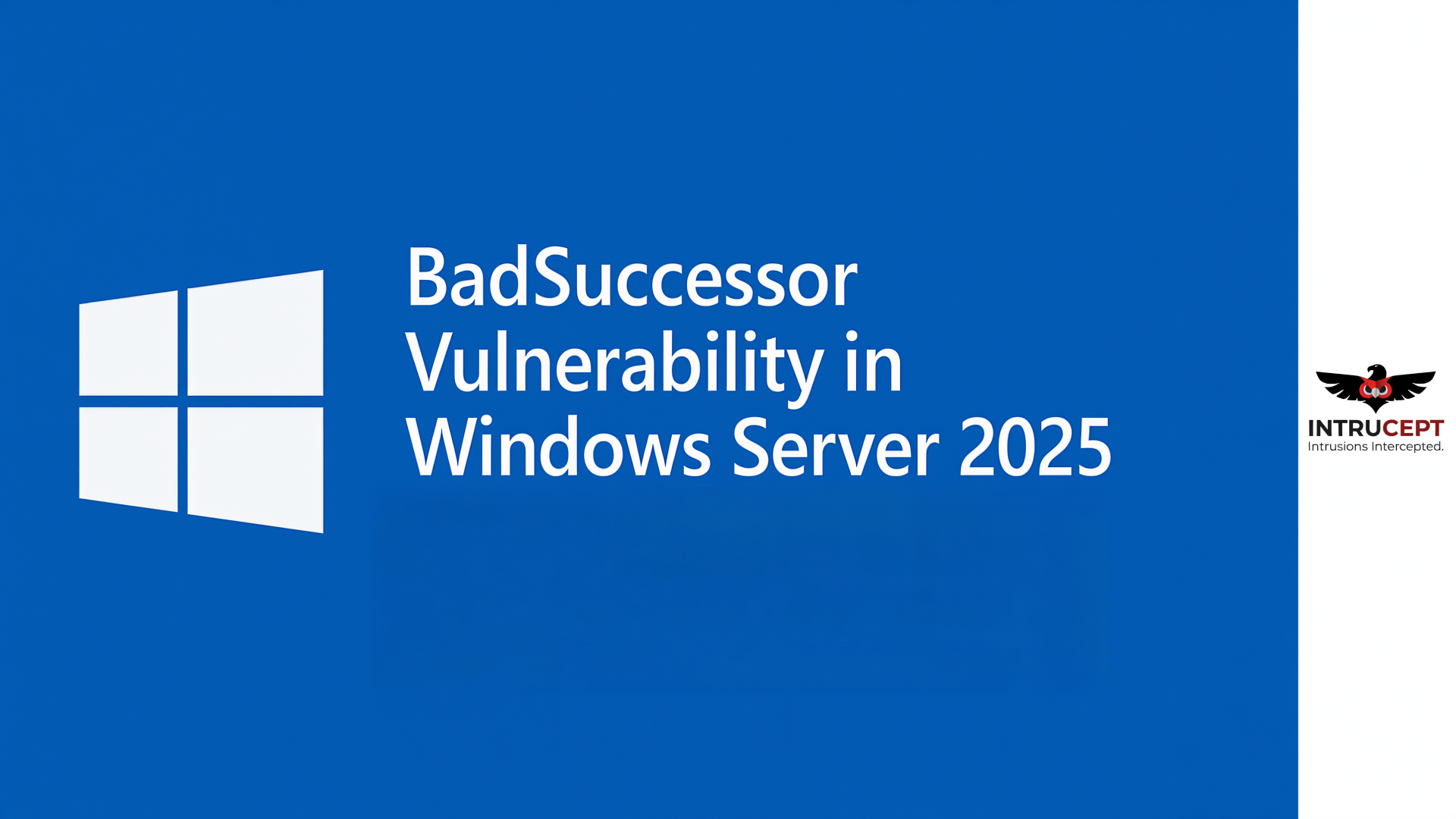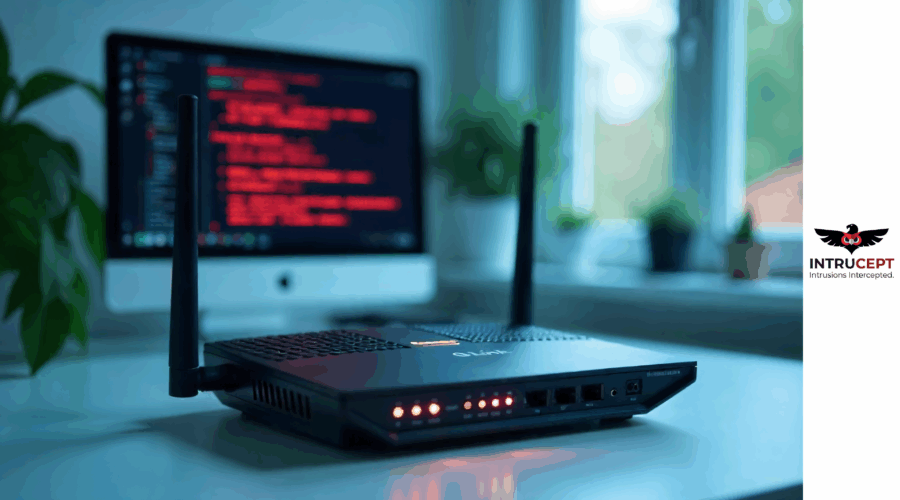Cyber threats are no longer limited to human attackers, with AI-driven “bad bot” attacks now accounting for 1/3 as per research. These attacks can be automated, allowing attackers to launch more extensive and efficient campaigns
Organizations are now exposed new risks, providing cybercriminals with more entry points and potential “surface areas” to exploit as they go digital and adopt to innovations and wider use of digital technologies.
Some of the types of bad bots are DDoS bots, which disrupt a website or online service by overwhelming it with traffic from multiple sources.
Cybercriminals are using Gen-AI tools to improve the efficiency and yield of their campaigns – with Check Point Research’s recent AI Security Report 2025 flagging the use of the technology for malicious activities like AI-enhanced impersonation and social engineering.
Account takeover bots, which use stolen credentials to access users’ online accounts; web content scraping bots, which copy and reuse website content without permission; and social media bots, which spread fake news and propaganda on social media platforms.
The purpose of Bad Bot is expose critical flaws and vulnerabilities within the security frameworks that IT leaders have established in their architectures and operations.
Unfortunately, traditional security operations centers (SOCs) are built to detect threats based on predefined rules and human-driven logic or characteristics.
AI-powered bots use automation and adaptive methods to execute more sophisticated and dynamic attacks that can bypass these existing defences.
Vulnerabilities are evolving so SOC team have more responsibilities then before as BOTs are AI powered.
Here we outlined three strategies to strengthen your SOC readiness
1.SOC team an essential or important component of business are in Fatigue Zone:
SOCs continuously monitor your organization’s network, systems, and applications to identify potential vulnerabilities and detect any signs of malicious activity.
SOC team quickly takes action to contain the threat and minimize damage, ultimately reducing the overall impact on your business.
Ponemon institute research say SOC teams are fatigued and one research pointed that 65% has fatigue and burn out issues.
That means Cyber security need to support the SOC teams and research found highlight that a lack of visibility and having to perform repetitive tasks are major contributors to analyst burnout.
Threat hunting teams have a difficult time identifying threats because they have too many IOCs to track, too much internal traffic to compare against IOCs.
Sometimes organizations have lack internal resources and expertise and too many false positives.
Bringing out SOC team from fatigue issue is as important as investing on training, upskilling on cyber skills and development to keep your team’s spirit high.
Establish Key Performance Indicators (KPIs) to measure the effectiveness of your SOC. Monitor these KPIs closely and use them to identify areas for improvement.
2. How do Organization harness Nex-gen technology to combat cyber Threats
Staying abreast of industry trends and best practices to ensure your SOC teams remains at the forefront of cyber security or ahead of the curve with Nex-gen technologies.
So that SOC teams can detect and respond to threats more quickly and efficiently, get holistic view of organizations security posture, AI and ML can augment the SOC team by automating routine task.
Many organizations are adopting hybrid cloud infrastructure and SaaS applications for productivity and cost efficiency reasons. But organizations face difficulty of managing and securing the data on those platforms, which is again leading to higher breach costs.
Darktrace report says 78% of the more than 1,500 security executives responding to a recent survey said that AI-powered threats are having a significant impact on their organizations – with many admitting they lack the knowledge, skills, and personnel to successfully defend against those threats.
Many organizations are already leveraging AI as a cyber-security tool.
Now more IT leaders say they are integrating AI into their cloud strategies for use in advanced security and threat detection.
Organizations can encounter several challenges when integrating AI into their cloud strategies.
Along with SOC team who seamlessly integrate across the organization, same is for AI. Seamless integrations of AI will make it easier for AI-assisted threat detection, notification, enrichment and remediation.
The purpose is AI should focus on tuning models that is organization specific environment. Once done AI will integrate threat intelligence and filtering will be done based on specific context. This will help reinforcing trust with customers and stakeholders.
3. Investing in Predictive Threat Modelling priority for Nex-gen SOC Teams
In this era where AI is being leveraged by organisation to derive accuracy, SOC teams who are evolving will prefer investing in intelligence predictive threat models that are proactive in nature to anticipate risks and refine their response strategies.
When organizations have a Threat Intelligence-Driven SOC it is easier to transform security operations from reactive to proactive defence. Most of the organization builds and operates its own SOC. That is done by employing a dedicated team of cyber security professionals who offers to take complete control over security operations but can be resource-intensive.
AI makes the process easier, as having AI-driven analytics will assist detect anomalous behaviours and zero-day threats.
Further with implementing predictive threat modelling to anticipate emerging attack patterns and leveraging the right frameworks, tools and best practices will help organizations build an intelligence-driven SOC. And with an intelligence-driven SOC team, anticipating any cyber threats can be dealt with efficiency.
IntruceptLabs now offers Mirage Cloak and to summarise Mirage Cloak offers various deception methods to detect and stop threats before they cause damage.
These methods include adding decoys to the network, deploying breadcrumbs on current enterprise assets, using baits as tripwires on endpoints.
This is executed by setting up lures with intentionally misconfigured or vulnerable services or applications.
The flexible framework also lets customers add new deception methods as needed.
Conclusion: Organizations can better protect their digital assets and ensure business continuity by understanding the key components and best practices for building a successful SOC.
At the end we must accept that to defend against any sort of AI attack, SOC teams must evolve with right collaborations and effective communication between partners seamlessly to evaluate information to stay ahead of attackers.
Sources: What is SOC (Security Operations Center)?


